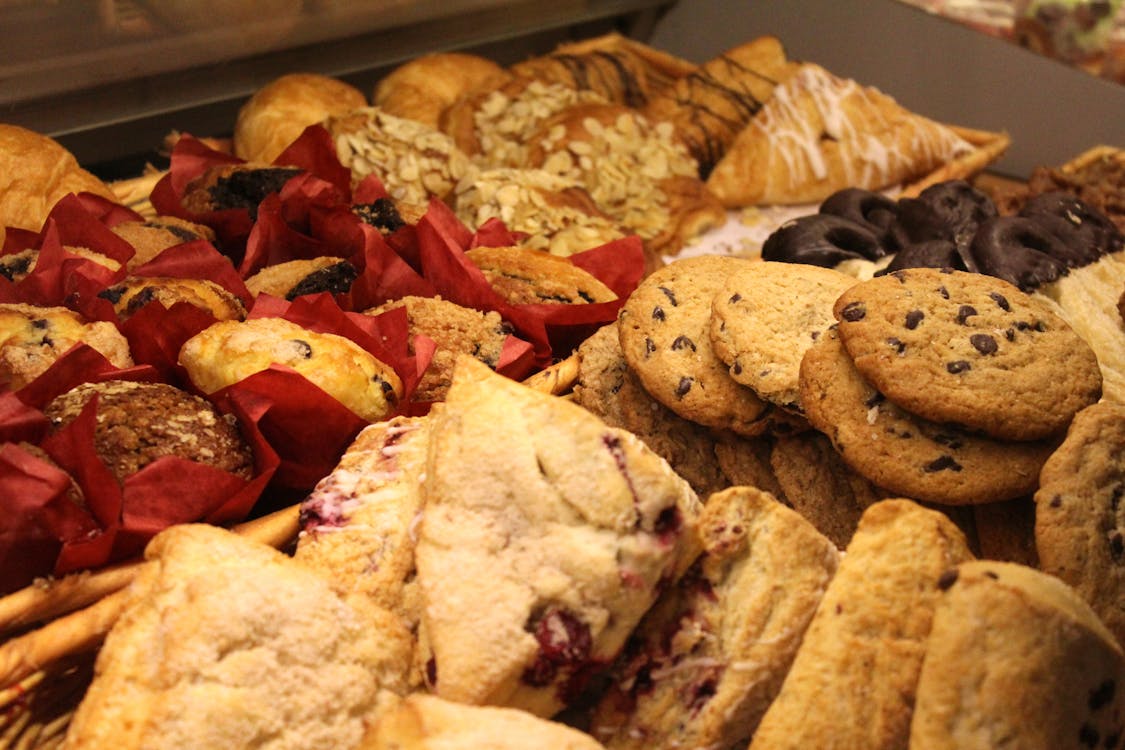Introduction:
In today's fast-paced world, snacks often serve as quick fixes for hunger pangs and cravings. However, not all snacks are created equal, and some may contribute to poor health outcomes if consumed excessively. In this exploration, we delve into the realm of nutrition to uncover the unhealthiest snacks, dissecting their ingredients, nutritional profiles, and potential health implications. From sugary treats to highly processed snacks, let's shine a light on the culprits lurking in our pantries and vending machines.
1. Potato Chips:
Potato chips reign supreme as one of the most popular snack choices, but their nutritional profile leaves much to be desired. These crispy delights are typically high in unhealthy fats, sodium, and calories, with minimal nutritional value. Consuming potato chips regularly can contribute to weight gain, elevated blood pressure, and increased risk of heart disease. Additionally, many varieties are loaded with artificial flavors, preservatives, and additives, further detracting from their healthfulness.
2. Candy Bars:
Candy bars are beloved for their indulgent sweetness and convenience, but they rank among the unhealthiest snacks on the market. Packed with refined sugars, unhealthy fats, and empty calories, these treats provide little sustenance beyond a temporary sugar rush. Regular consumption of candy bars can lead to blood sugar spikes, insulin resistance, and dental cavities. Furthermore, their high sugar content may contribute to cravings and overeating, perpetuating a cycle of poor dietary habits.
3. Sugary Cereals:
While marketed as breakfast options, many sugary cereals resemble dessert more than a nutritious meal. These cereals are laden with refined sugars, artificial colors, and preservatives, making them a poor choice for starting the day. Despite their colorful packaging and enticing flavors, sugary cereals offer little in terms of essential nutrients and can contribute to energy crashes and mood swings. Opting for whole-grain cereals with minimal added sugars is a healthier alternative for maintaining stable energy levels and supporting overall health.
4. Packaged Pastries:
Convenience store shelves are often stocked with an array of packaged pastries, from muffins to donuts to croissants. While these treats may be tempting for their convenience and portability, they are typically high in refined carbohydrates, unhealthy fats, and added sugars. Consuming packaged pastries regularly can lead to weight gain, insulin resistance, and increased risk of chronic diseases like diabetes and heart disease. Choosing homemade or whole-grain alternatives is a smarter choice for satisfying hunger and supporting long-term health.
5. Cheese Puffs and Cheese Balls:
Cheese puffs and cheese balls may offer a satisfying crunch and cheesy flavor, but they are far from nutritious snacks. These snacks are often made from processed cheese powder, refined grains, and hydrogenated oils, resulting in a nutritional profile devoid of vitamins, minerals, and fiber. Additionally, they are high in sodium and artificial flavors, contributing to excessive salt intake and potential health risks. Opting for whole-food snacks like air-popped popcorn or roasted nuts provides a healthier alternative for satisfying cravings and supporting overall well-being.
6. Deep-Fried Snacks:
From onion rings to fried cheese sticks to chicken nuggets, deep-fried snacks are ubiquitous in fast-food restaurants and convenience stores. While they may be irresistible for their crispy texture and savory flavors, deep-fried snacks are laden with unhealthy fats, calories, and sodium. Consuming these snacks regularly can contribute to weight gain, elevated cholesterol levels, and increased risk of cardiovascular disease. Limiting intake of deep-fried foods and opting for baked or grilled alternatives can help mitigate these health risks while still enjoying delicious snacks.
7. Soda and Sugary Drinks:
While not traditionally considered snacks, sugary drinks like soda, energy drinks, and sweetened teas are often consumed between meals as thirst quenchers. However, these beverages are loaded with refined sugars, artificial sweeteners, and empty calories, contributing to weight gain, tooth decay, and metabolic disorders. Regular consumption of sugary drinks has been linked to an increased risk of obesity, type 2 diabetes, and heart disease. Choosing water, herbal tea, or sparkling water with a splash of fruit juice is a healthier choice for hydration and overall health.
Conclusion:
In conclusion, the unhealthiest snacks are characterized by their high content of refined sugars, unhealthy fats, and artificial additives. Consuming these snacks regularly can have detrimental effects on health, contributing to weight gain, chronic diseases, and poor overall well-being. While occasional indulgence is permissible, prioritizing whole, nutrient-dense foods is essential for maintaining optimal health and vitality. By making informed choices and being mindful of nutritional labels, individuals can take control of their snacking habits and support their long-term health goals. Let us strive to nourish our bodies with wholesome snacks that fuel our well-being and vitality, one bite at a time.

